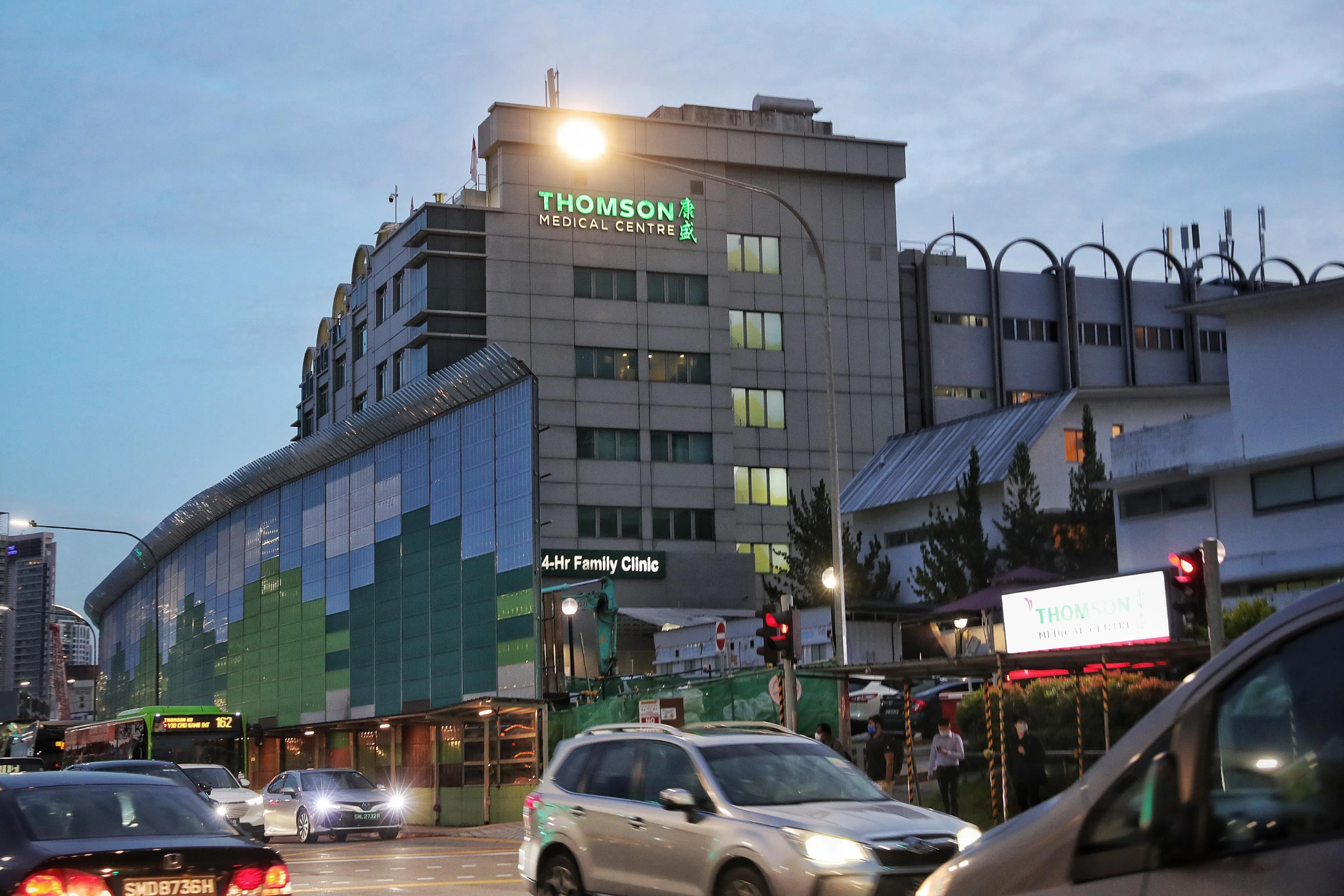HEALTHCARE provider Thomson Medical has posted a net loss of S$12.9 million for the first half of its 2025 fiscal year ending Dec 31, 2024, a reversal of its net profit of S$2 million for the corresponding period in the year before.
The losses came mainly from challenges in the Malaysia market, increased interest expenses following the acquisition of Far East Medical Vietnam, and the cessation of non-core transitional care facilities projects in Singapore, said the company in a bourse filing on Wednesday (Feb 12).
The healthcare provider had flagged three weeks ago that it was expecting a net loss for the first half of the fiscal year.
This is even though revenue actually rose by 18.4 per cent to S$199.1 million from S$168.1 million over the same period.
The increase was attributed mainly to revenue contribution from Vietnam, following the acquisition of Far East Medical Vietnam in December 2023.
However, this increase was partially offset by the cessation of project-related services, such as the management of vaccination centres and the transitional-care facilities in Singapore in December 2023, as well as the termination of certain customer contracts and discounts given to customers in Malaysia.
BT in your inbox
Start and end each day with the latest news stories and analyses delivered straight to your inbox.
Malaysia’s performance was impacted by the termination and pricing adjustments of certain insurance contracts, leading to a revenue shortfall. However, the company said that these changes were part of its ongoing strategy to recalibrate partnership structures to ensure long-term sustainability and profitability in the Malaysian healthcare market.
It remains confident in the underlying demand for healthcare services in Malaysia, given the continued growth in patient volume and operational efficiencies at Thomson Hospital in the Malaysian suburb of Damansara.
Staff costs hit S$70.7 million, 18.7 per cent higher than in the corresponding period in the year before. The increase was attributed mainly to the increase in headcount for the planned increase in operating capacity at the Damansara hospital, as well as the recognition of staff costs in Vietnam.
Depreciation and amortisation expenses went up by 73.5 per cent to S$18.9 million, as a result of the addition of property and equipment, intangible assets and right-of-use assets, as well as the acquisition of Far East Medical Vietnam.
Net finance costs rose to S$28.8 million, an 84.1 per cent jump from the year before; this was the result of interest expenses from the drawdown of the additional loans undertaken to fund the acquisition of Far East Medical Vietnam, and the lower interest income from short-term deposits.
Despite the higher finance costs, Thomson Medical said the acquisition strengthened the group’s regional footprint and service capabilities; it added that FV Hospital, also in Vietnam, remains an immediately accretive asset, with strong patient demand and diversified service offerings that support the company’s long-term expansion strategy.
Uncertain outlook
Thomson Medical said that the overall economic outlook remains uncertain, clouded by inflation, rising geopolitical tensions, and uncertainty over the US’ trade policy.
Singapore’s healthcare sector is expected to remain competitive, with challenges from cost pressures and market maturity. Additionally, medical tourism is shifting towards more complex procedures, influenced by the strength of the Singapore dollar.
Regionally, Malaysia and Vietnam’s healthcare sectors are poised for growth, driven by a growing middle class, changing lifestyles and an ageing population, along with their increasing popularity as medical-tourism destinations.
Thomson Medical said the group is well-placed, with its diversified market presence, to adapt to the unique conditions in each country, and to leverage opportunities and position itself for long-term growth.
In Singapore, the company is poised to increase footfall and bed occupancy when Thomson Medical Centre completes its renovation.
In Malaysia, the hospital in Damansara would grow its bed count from 373 to 554 and expand its specialties and services, which aim to drive higher patient load and larger treatment scopes.
The weak Malaysian ringgit and improved healthcare quality are factors attracting both domestic and foreign patients.
The newly set up Johor-Singapore Special Economic Zone may also benefit the company through the Thomson Iskandar Medical Hub.
In Vietnam, the company is focused on enhancing its specialist services and adding a new wing to increase floor space; it also aims to capture the growing segment of medical tourists from Cambodia, Laos, Myanmar and China to Vietnam.
Shares of Thomson Medical closed flat at S$0.044 on Wednesday.






